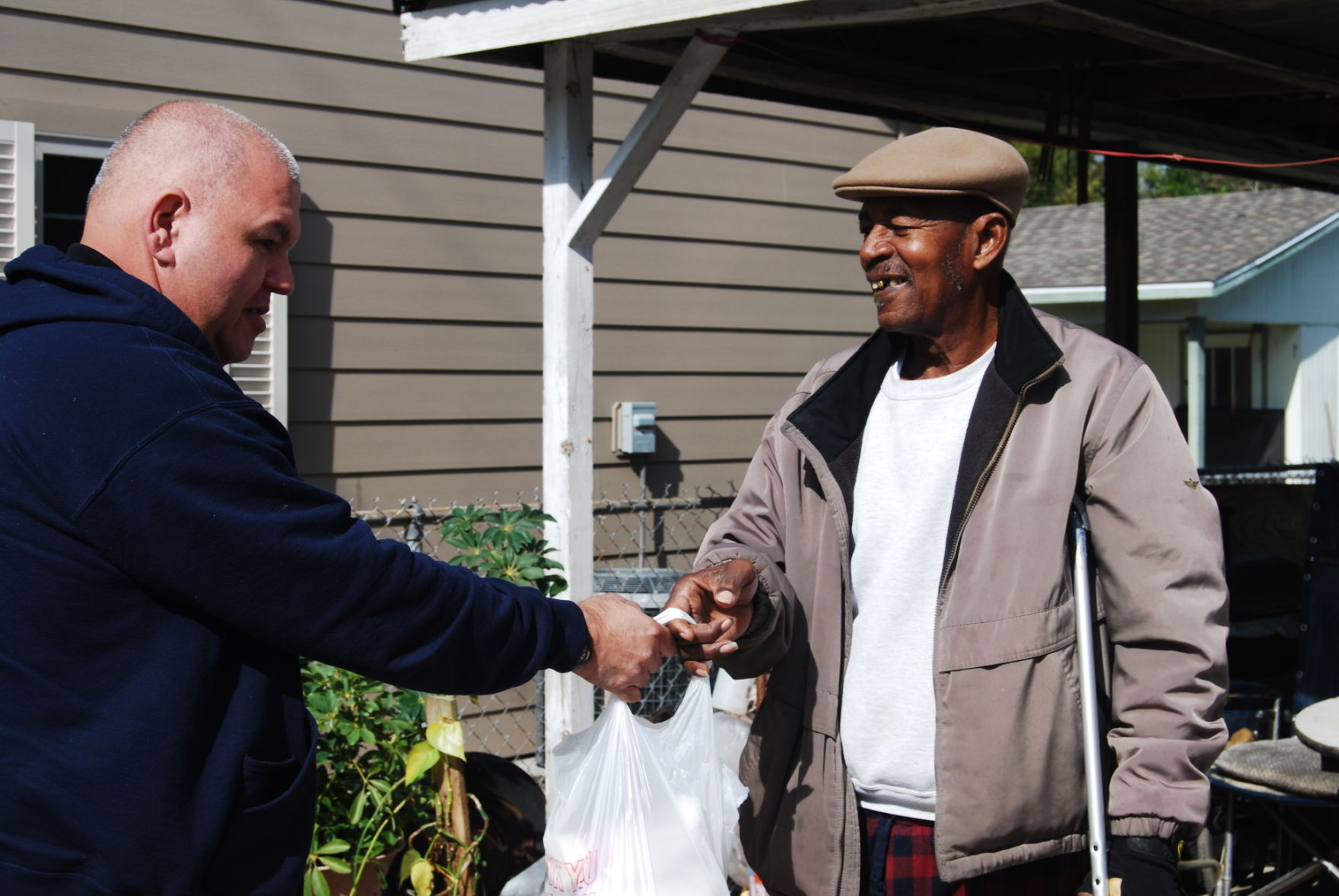
Audit: TCOA has too much cash
January 27, 2015Filling board, committee slots challenging in Terrebonne
January 27, 2015Nearly eight years ago word that a Mathews woman brutally stabbed her two children to death sent shockwaves throughout the Bayou Region.
Spared execution by the jury that convicted her in 2009 Amy Hebert – thwarted in her bid for an appeal two years ago – sought further relief from the courts, but her request was denied by a Lafourche Parish judge.
Hebert, now 47-years-old, is serving two consecutive life sentences at the Louisiana Correctional Institution for Women in St. Gabriel, Louisiana.
She sought a new trial through the process of post-conviction relief, which may be used by convicted people in certain cases after the process of appeals is exhausted.
While traditional appeals are limited to what is in the trial record, post-conviction relief relies on other arguments. It is typically granted if a judge finds that a person’s due process rights were not accorded in connection with their conviction.
Allegations of improper representation – one of the arguments presented by Hebert –are among those generally used.
While appeals are subject to rules of criminal law, he post-conviction relief process is a civil matter.
Ineffective assistance of counsel – an allegation of bad lawyering by her defense team – was a central argument in Hebert’s post-conviction relief bid.
District Court Judge Jerome Barbera dismissed that argument and others before leaving the bench in late 2014.
“Defense counsel used their experience and training in the most skillful manner to properly defend the petitioner against the charge,” Barbera said when he dismissed the application.
Hebert has the option of appealing Barbera’s ruling to the 1st Circuit Court of Appeal.
“We have fought these post-conviction claims with the same intensity that we prosecuted both the trial and appeal,” said Lafourche Parish District Attorney Camille A. Morvant, II, who personally prosecuted during Hebert’s two-month trial. “It’s a reminder that not only is it important to the family of the victims to secure a conviction, but also it’s just as vital that we fight to maintain the validity of that verdict throughout the post-trial process. The fact that the trial judge felt there was no need for a hearing on any of these issues reinforces our view that none of the defendant’s claims had any merit.”
Hebert, a former Sunday school teacher, was found bleeding from self-inflicted knife wounds in a bed soaked with the blood of her two children, 9-year-old Camille and 7-year-old Braxton, on Aug. 20, 2007.
According to combined narratives from court proceedings and legal papers, Hebert heard a voice early that morning telling her to stab the children in their beds and also kill herself.
She brought them into her own bed, where she and they were found by deputies, alerted by her ex-father-in-law that something may have been wrong. The family dog was also found stabbed to death.
According to testimony at her trial, “Mommy I don’t want to die” were the last words spoken by Camille, who was stabbed 50 times.
Hebert was taken to St. Anne General Hospital in Raceland.
Two letters introduced as evidence described as suicide notes contained rantings about her ex-husband, Chad Hebert, and Hebert’s distress at the idea of the children being exposed to his life with a girlfriend.
Hebert pleaded not guilty and not guilty by reason of insanity; the jury rejected the insanity defense that was offered. Tasked with then determining if Hebert should live or die, the jury rejected the death penalty.
Morvant’s argument centered on the material in the letters, which he said proved the killings were committed out of jealousy. Defense lawyer George Parham had attempted to show her as a loving mother wracked by mental disease, in need of treatment rather than punishment.
“I’ve said it before, but this trial was well litigated by both sides, so after the jury returned its verdict, there weren’t going to be very many mistakes to review,” Morvant said regarding the post-conviction relief denial.









